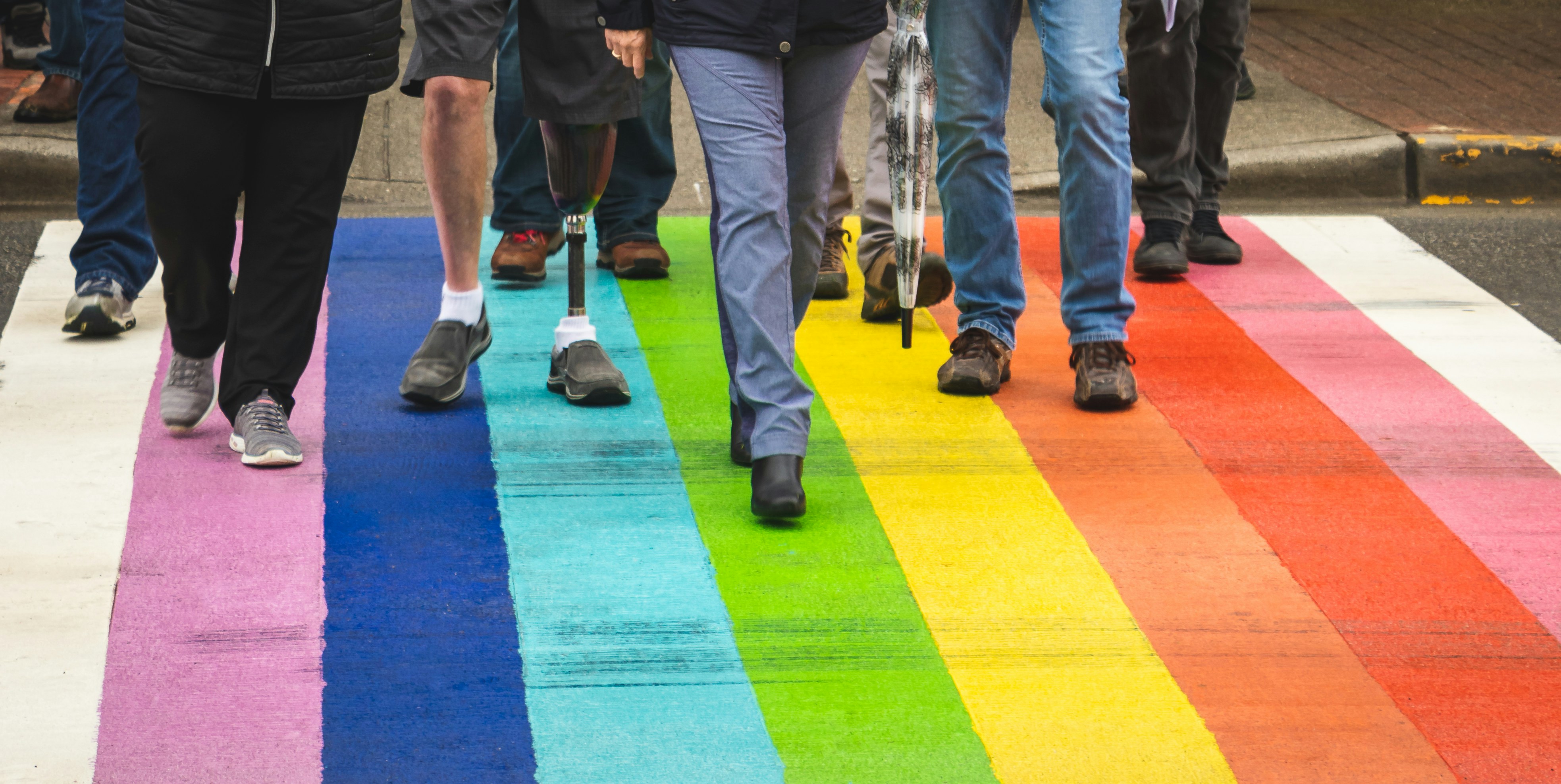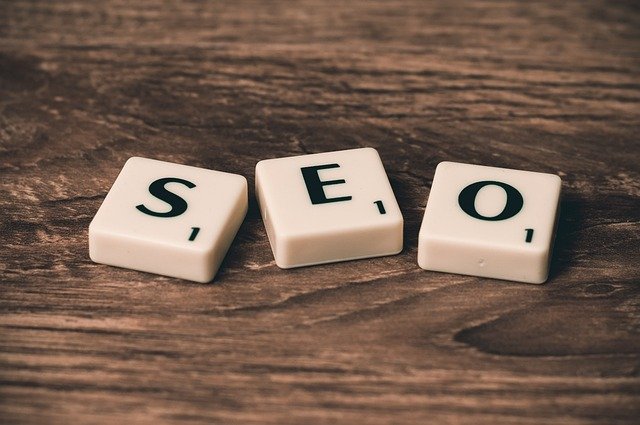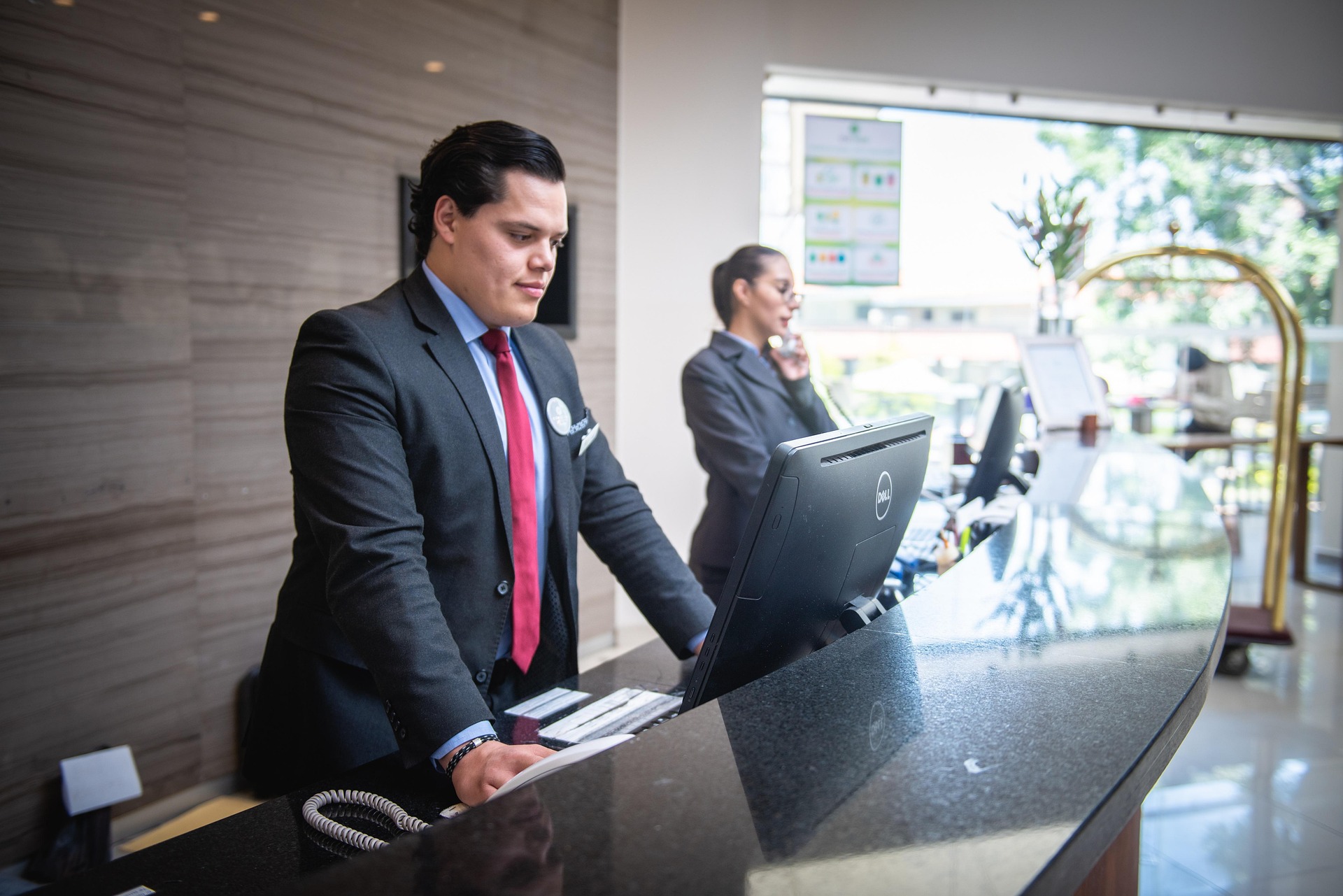The Emergence of Slow Living in a Fast-Paced Society
Introduction: In a world obsessed with speed and efficiency, the slow living movement stands as a refreshing alternative. It advocates a more mindful, purposeful approach to life that values quality over quantity, connection over productivity, and being over doing. Read below to delve into the origins, development, and implications of this fascinating cultural shift.

The Origins and Development of Slow Living
The slow living movement has its roots in the Slow Food movement, which started in Italy in the 1980s as a response to the spread of fast food and fast life. The Slow Food movement emphasized the importance of taking time to enjoy good, locally-sourced food and the company of others. Over time, this philosophy spread to other aspects of life, giving birth to the slow living movement.
The slow living movement encourages people to slow down their pace of life, to prioritize quality over quantity, and to foster deeper connections with others and the natural world. This can be seen in various forms, from slow travel and slow fashion to slow parenting and slow education.
Slow Living in Today’s Fast-Paced Society
Today, the slow living movement is gaining traction in response to the ever-increasing speed and stress of modern life. Technology, with its constant stream of notifications and demands for our attention, has led to a culture of busyness and distraction. In response, many people are turning to slow living as a way to reclaim their time and attention, to focus on what truly matters, and to live more sustainably.
The Sociological Significance of Slow Living
The slow living movement reflects a growing societal desire for a more balanced, sustainable way of life. It challenges the dominant cultural narrative that equates busyness with success and productivity with worth. Instead, it promotes a more mindful, intentional approach to life that values the quality of our experiences over the quantity of our achievements.
The Impact of Slow Living on Modern Society
Slow living has far-reaching implications for modern society. On a personal level, it can lead to improved mental health, more meaningful relationships, and a greater sense of fulfillment. On a societal level, it can foster more sustainable consumption patterns, stronger communities, and a more equitable distribution of resources.
The Future of Slow Living
As the pace of life continues to accelerate, the slow living movement is likely to become even more relevant. While it’s not a panacea for all of society’s ills, it offers a compelling alternative to the relentless speed of modern life. By promoting a slower, more mindful approach to life, it encourages us to question our assumptions, to challenge the status quo, and to seek out a more balanced, fulfilling way of life.
In conclusion, the slow living movement provides a compelling counterpoint to our fast-paced, efficiency-obsessed society. It encourages us to slow down, to savor the moment, and to prioritize quality over quantity. In doing so, it offers a path towards a more mindful, sustainable, and fulfilling way of life.




